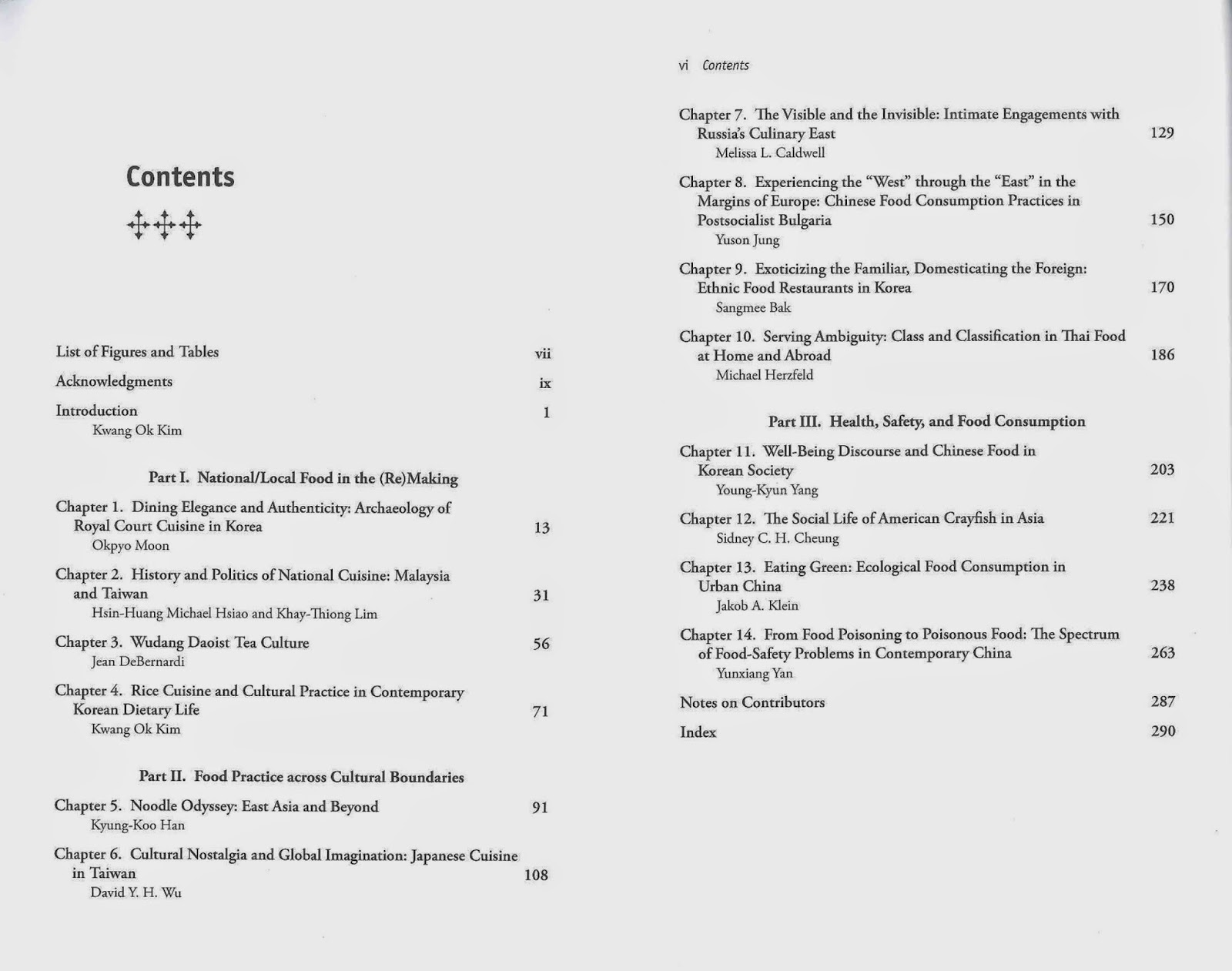Disjunctive Harmony: Life and Work of Foreign Spouses Engaging in Sex Work
in Taiwan
Speaker: TSENG Hsunhui (Assistant Professor,
Gender Studies Programme, The Chinese University of Hong Kong)
Time: 12:30 p.m., 27 March,
2015 (Friday)
Venue: Room 401, Humanities
Building, New Asia College, CUHK
***********************************************************
The influx of
marriage migrants in the early 2000s had contributed to the increase of low-budget
massage parlors and Karaoke clubs with hostesses in Taiwan. Growing media
attention on the issue has called on police enforcement on sex work in these establishments.
Foreign-born — mostly Southeast Asian — female spouses engaging in sex work
have either been viewed as perpetrators of fraudulent marriage, or victims of
trafficking in women.
Prof. Tseng Hsunhui, in
the seminar, shared the preliminary finding of her recent fieldwork in a
karaoke snack restaurant (xiaochibu),
featuring Vietnamese hostesses (yuenan
dian, Vietnamese store) in Douliu City, Taiwan. Her research focuses on the
life of these women and the ways they interpret and negotiate their multiple
identities as mothers, wives, daughters, sex workers and citizens.
 |
| Prof. Tseng Hsunhui |
Tseng pointed out
that the hostesses in this xiaochibu,
though migrated from a foreign country, had all obtained their citizenship and therefore
were eligible to work in Taiwan. They earned escorting fee (zuotaifei) for serving customers. Divorced
mothers constituted the majority of hostesses, and the remaining were married
women and student.
These women, being
stigmatized as irresponsible mothers, promiscuous wives and shameful daughters,
had to negotiate their familial relationship as a wife, mother or daughter,
their employment relationship as a sex worker and their citizenship as a moral
person in the country. They coped with the conflicts between motherhood and
work by telephoning their children, visiting homes regularly and hiring
babysitters. They dealt with the discrepant expectation between their role as a
citizen and the reality of being a sex worker by holding the perception that the
job was not shameful and they were preparing for their dreams.
 |
| Attendees of the seminar |
Tseng also
highlighted the blurred boundaries existed in xiaochibu. She mentioned that services to customers are provided in
both the forestage and the backstage of xiaochibu.
Workplace had also become a place similar to home, providing hostesses social
and economic supports.
In short, Tseng’s research, by looking into the life
and work of foreign spouses engaging in sex work in Taiwan, shed light on
issues like the crash of migrants’ dream, sex workers’ negotiation of multiple
identities and the productivity of hidden space.















